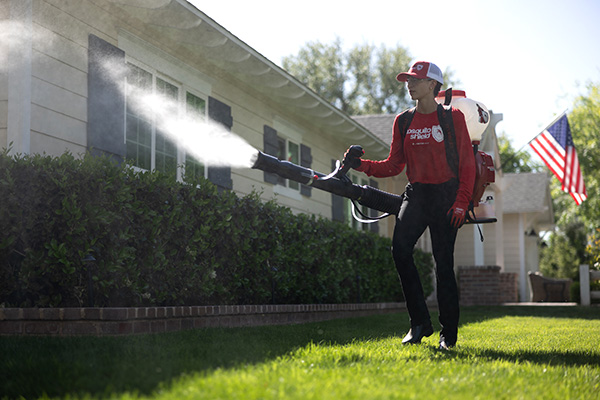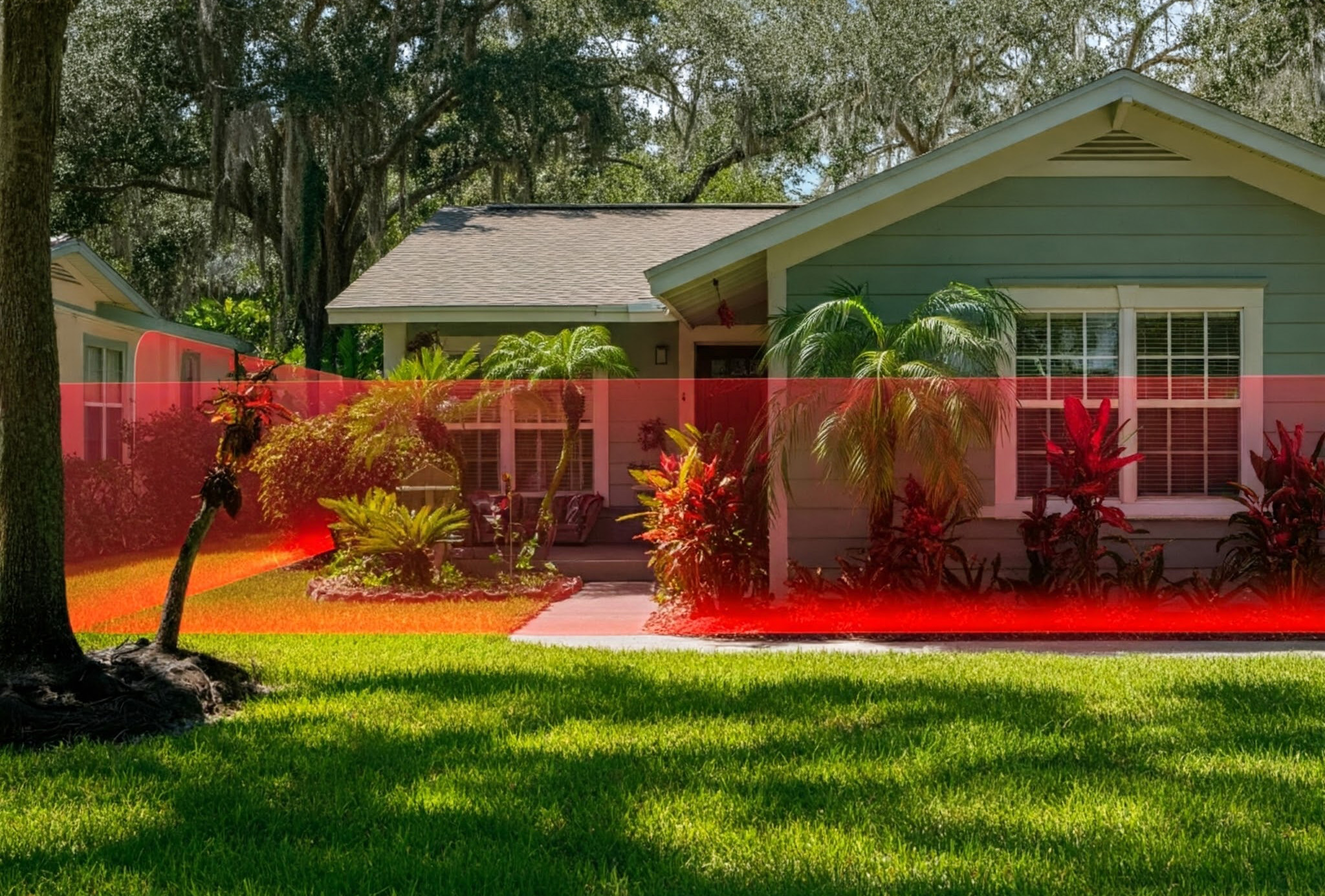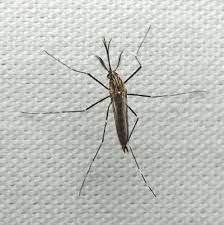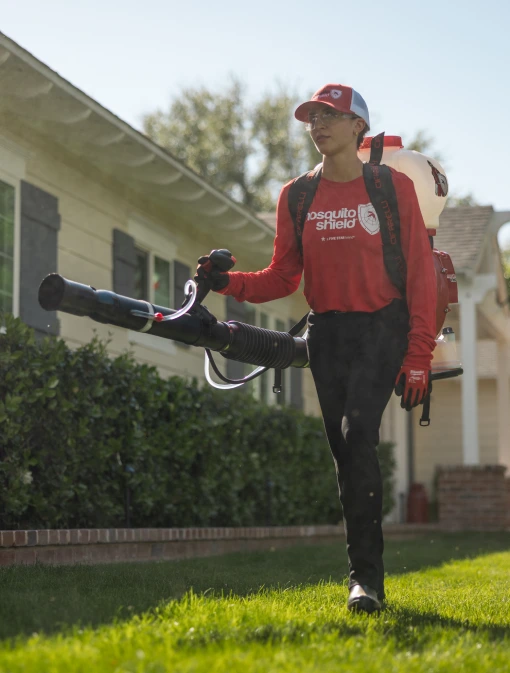Experience relaxation and peace in your backyard with our proven mosquito control solution. Trusted by families in Valley Cottage, our innovative approach not only repels mosquitoes but also establishes a durable barrier customized to your outdoor environment. Mosquito Shield of New City is dedicated to creating mosquito-free zones, so you can enjoy your outdoor spaces without interruption.

Effective mosquito control in Valley Cottage, NY, that drives mosquitoes away and keeps them out of your yard.

Enjoy mosquito-free outdoor time in Valley Cottage with treatments designed to provide lasting results.

Highly rated mosquito control services in Valley Cottage, trusted by residents to enhance outdoor living.

Valley Cottage, New York, is a suburban hamlet in Rockland County, located near the Hudson River with wooded neighborhoods, small streams, and residential parks. Its tree-lined yards, riparian corridors, and local ponds combine with the humid climate—creating welcoming conditions for mosquitoes and ticks.
Valley Cottage’s wooded lots, creek edges, and backyards support dense mosquito and tick populations during the warmer months.
Residents face mosquito‑borne threats like West Nile Virus and Eastern Equine Encephalitis (EEE), common in Hudson River shoreline areas. Tick‑borne illnesses—such as Lyme disease, anaplasmosis, ehrlichiosis, and Rocky Mountain spotted fever—are increasingly reported in suburban and wooded zones across Rockland County.
Local prevention strategies include:
Professional pest control combined with homeowner vigilance helps make Valley Cottage safe and enjoyable for outdoor living year‑round.

The weather in Valley Cottage reflects a humid continental climate with warm, humid summers and cold winters. Mosquitoes are active from late spring through early fall, peaking after rainfall and during evening hours. Ticks thrive in spring and fall—especially between March and November—in shaded and leafy areas.


Identification: Small, dark brown to black mosquito with white scales on the thorax and legs.
Habitat: Breeds in natural containers like tree holes and artificial containers such as tires.
Behavior: Daytime biter; females are aggressive and primarily feed on mammals.
Health Risks: Primary vector of La Crosse encephalitis virus.
Identification: Medium-sized, dark mosquito with bronze-colored scales and distinct white markings on the legs and thorax.
Habitat: Prefers artificial containers, rock pools, and tree holes.
Behavior: Active during the day; feeds on mammals and birds.
Health Risks: Potential vector for West Nile virus and La Crosse encephalitis.
Identification: Medium-sized with a brown body and white bands on the abdomen and legs.
Habitat: Breeds in temporary floodwaters, such as rain pools and marshes.
Behavior: Nocturnal; females are persistent biters of mammals.
Health Risks: Potential vector for West Nile virus.
Identification: Small to medium-sized, light brown mosquito with unbanded legs and a blunt abdomen.
Habitat: Breeds in stagnant water sources like ditches, storm drains, and containers.
Behavior: Active during dusk and dawn; females prefer avian hosts but will bite humans.
Health Risks: Primary vector of West Nile virus.